George Kennan ’25 and Other Princeton Alumni Lead Roles Over Formosa
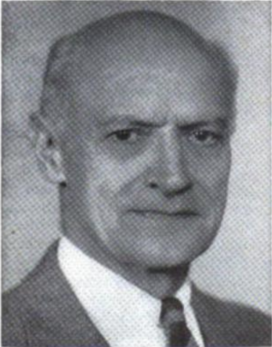
The number one issue of American foreign policy in the first month of the first year of the new half-century has by all odds been the question of Formosa. To assist or ignore? To defend at all costs or write off the books? Those were the questions that the nation was arguing in January of 1950.
Sprinkled liberally through all that has been spoken and written on this thorny problem, this Storm over Formosa, are the names of Princeton alumni.
The storm was brewed originally on December 1 when New Jersey’s Senator H. Alexander Smith ’01, after conferring with General MacArthur in Tokyo, urged the United States to take military action to save Formosa. On January 5 President Truman, accepting the policy of the State Department, announced that the United States would not provide military aid or advice to Chinese forces on Formosa.
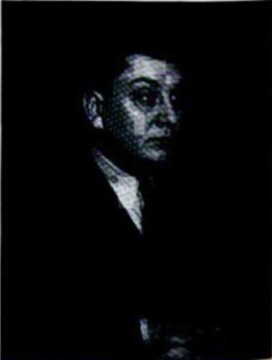
Who, in addition to the Secretary of State, Yaleman Dean Acheson, is responsible for State Department policy? Many men make their contributions to its formulation, and among them are a significant group of Princetonians.
The top-ranking policy maker of the Department of State is George F. Kennan ’25, Counselor and head of the policy planning staff. A veteran of 23 years in the Foreign Service, he has been described by one reporter as “the official prophet, philosopher and fortune teller of the Department of State, a combination of Joseph, Joshua, Habakkuk and Malachi, who is supposed to see the world in a grain of sand.” Mr. Kennan is recognized as the author of the stern policy of containing the expansion of communism in Europe and as part-author of the European Recovery Program. Recently it was announced that he planned to take a sabbatical year, needed as a respite form his grueling job, beginning in July.
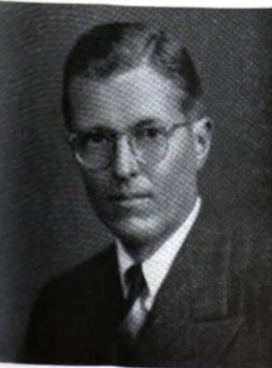
W. Walton Butterworth Jr. ’25, an Assistant Secretary of State and head of the Far Eastern desk since 1947, is particularly concerned with the Formosa question. Also a veteran of the Foreign Service, he was transferred to Nanking in 1946 and worked with General George C. Marshall while the latter headed a Presidential mission to China. Shortly after General Marshall became Secretary of State, he recalled Mr. Butterworth to Washington and named him to the top policy job for the Far East. His deputy on the Far Eastern Desk is the former economic counselor at the U.S. Embassy in Nanking, Livingston T. Merchant ’26.
Not specifically concerned with the Storm over Formosa listed by the New York Times in a recent article as among the 13 “Strategists of State” are three other Princeton alumni. One of the five so-called “Theatre Commanders” (Mr. Butterworth is considered such for the Far East) is George W. Perkins ’17, a businessman who was drafted to run the European division, which is now larger than the entire department was in 1939.
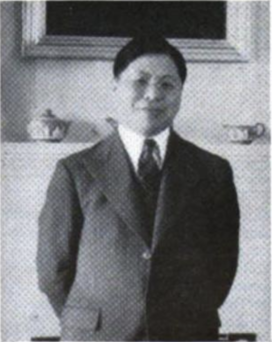
Two others are included in a group designated as “Special Staff.” W. Park Armstrong Jr. ’29 is special assistant to the Secretary of State for intelligence matters. Serving as legal adviser to the department is Adrian S. Fisher ’34.
A final Princeton associate with the Storm over Formosa is very much on the scene. On December 21 Kuo-Cheng Wu, who received his A.M. degree from Princeton in 1924 and his Ph.D. two years later, took over as governor of Formosa. Regarded as one of China’s top administrators, he had served successively as mayor of Shanghai and of Chungking before the transfer of the Nationalist government to Formosa.
Also very much concerned with policy have been the members of a three-man fact-finding committee appointed this summer to study the various phases of Sino-American relations. Philip Jessup, on leave from Columbia University as a special troubleshooter for the State Department, headed the committee. Named to serve with him were Raymond B. Fosdick ’05, former president of the Rockefeller Foundation, and Everett N. Case ’22, president of Colgate University.
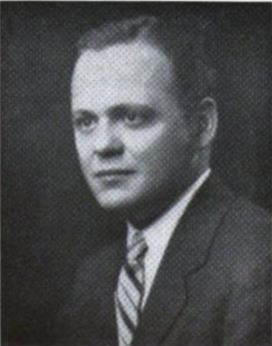
One final note about Princeton and the State Department is in order. On December 31 President Truman nominated Edward W. Barrett ’32, editorial director of Newsweek (and chairman of the Alumni Weekly’s Board of Editorial Direction), to be Assistant Secretary of State for Public Affairs.
As Assistant Secretary Mr. Barrett will be primarily responsible for picturing the United States to other countries and for fashioning programs to keep American citizens informed of their government’s foreign policy. He will also direct United States participation in UNESCO, conduct the international information and educational exchange programs of the State Department, direct its publications and historical research programs, and support United States “policies and actions” relating to world-wide freedom of information.
Mr. Barrett joined the staff of Newsweek in 1933. In World War II he served with the Office of the Coordinator of Information, the Office of War Information and the Psychological Warfare branch of the Allied Forces Headquarters. In 1946 he was director of Overseas Operations of the OWI.
This was originally published in the January 20, 1950 issue of PAW.


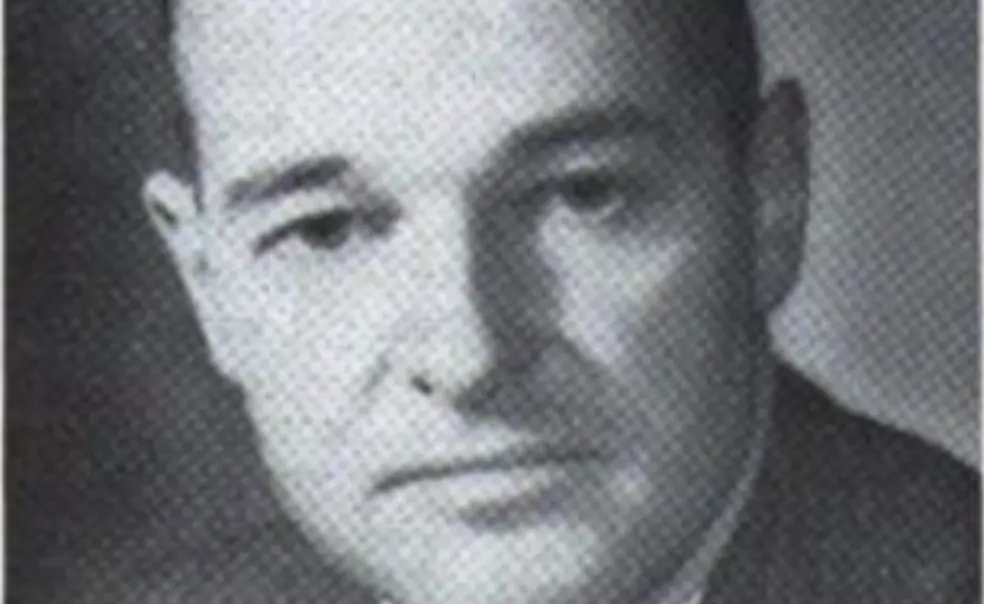









No responses yet